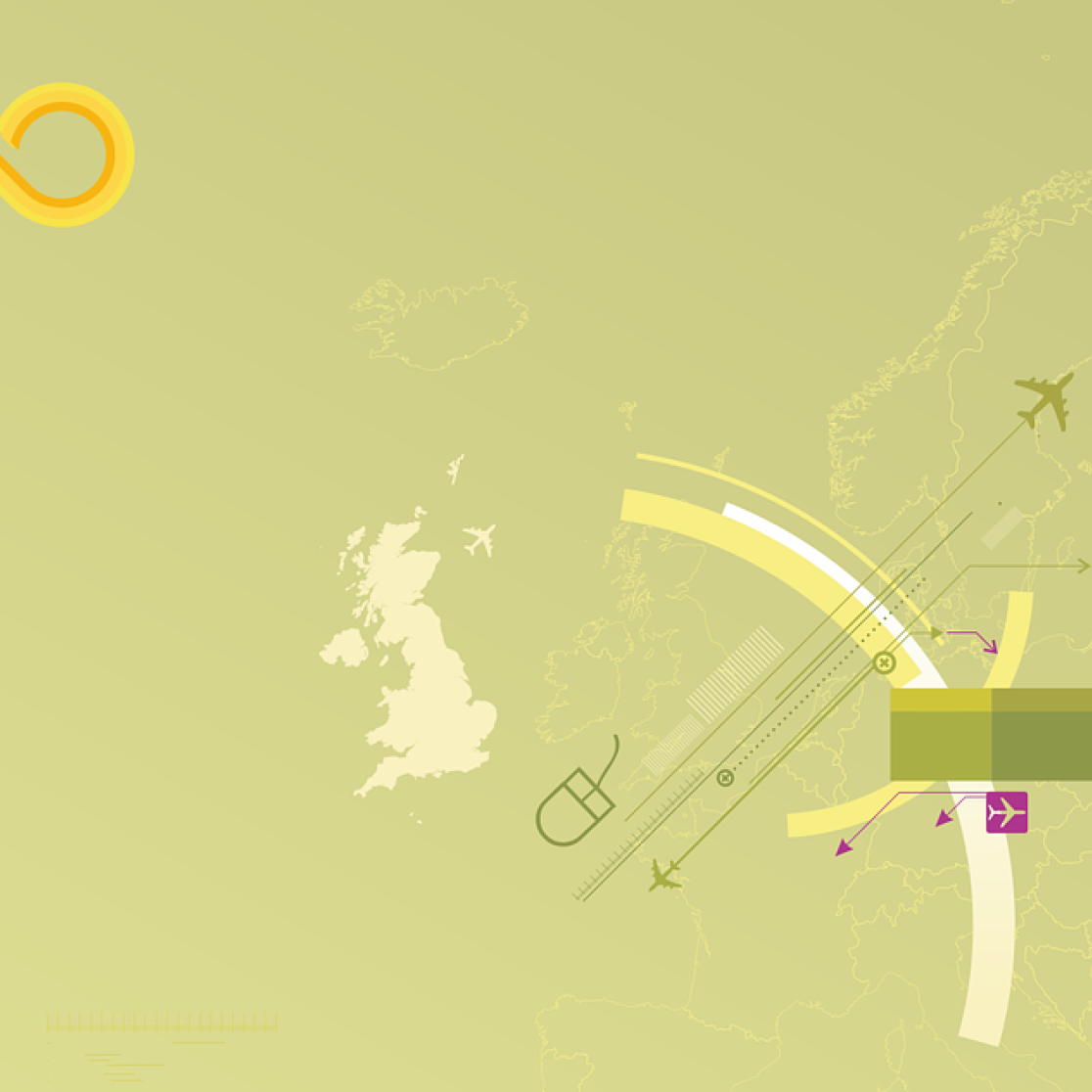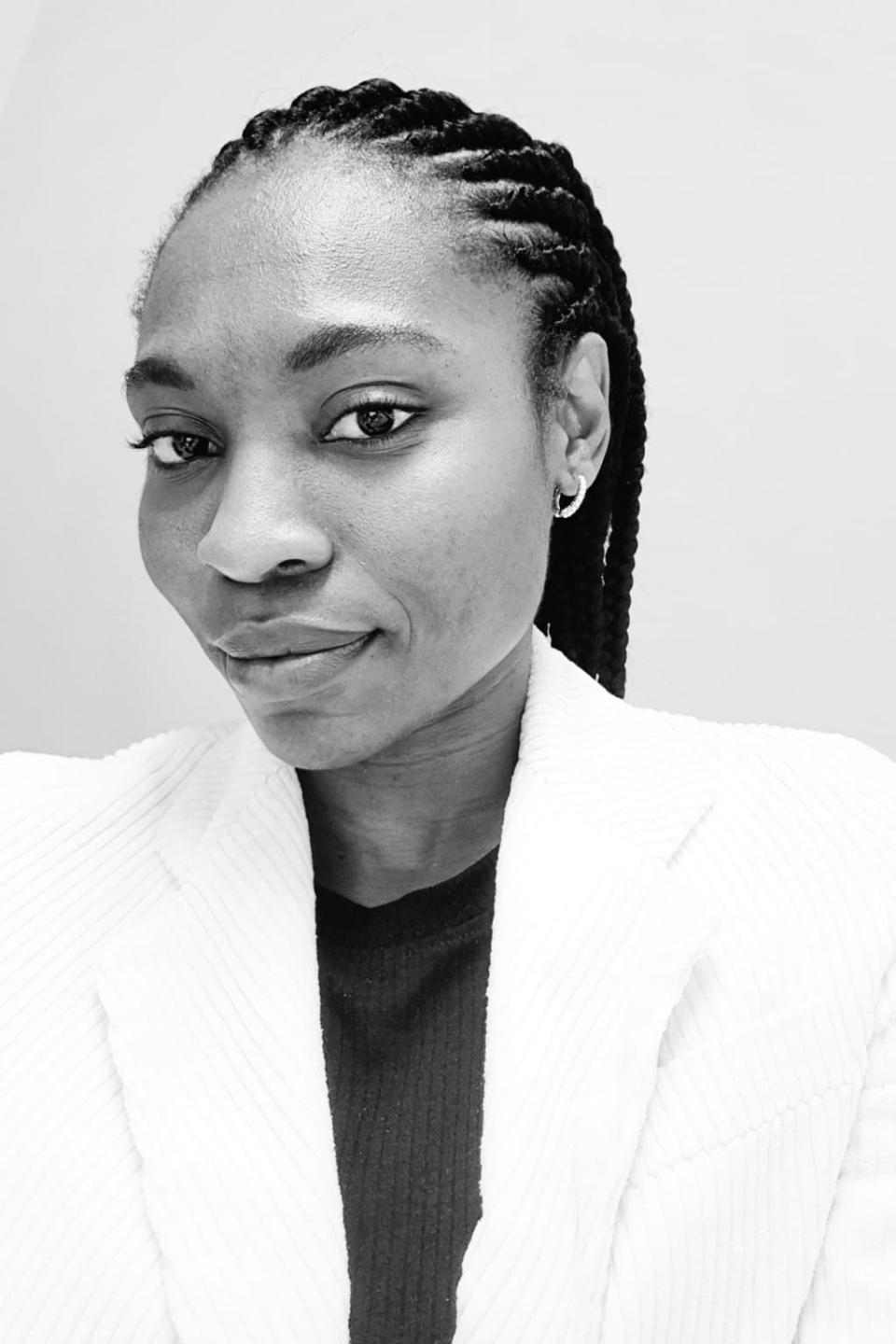M-EPLI PhD Research Spotlight on Blessing Eze
M-EPLI PhD researcher, Blessing Eze, is examining the role of private documents in regulating global value chains.
What are global value chains and how are they governed?
Global value chains (GVCs) have emerged as a defining feature of the contemporary global economy, influencing the production and distribution of goods and services. However, their fragmentation under in EU law has created uncertainty about how they are regulated, and how they should be regulated in EU law. This has much to do with how GVCs are formed and their governance architecture. The formation and operation of GVCs are extremely complex in terms of legal norms, tools, and institutions.
What is the role of private documents?
The complexity of governance mechanism in GVCs have been discussed in existing literature, revealing that private documents and documenting practices are fundamental to the architecture and operation of global value chains. In light of the New Approach to regulation in EU that has enabled deregulation and privatisation, several normative questions about the role of private governance mechanisms such as certification schemes in the regulation of product safety in EU law have been raised.
Why is this research important?
GVCs account for a significant portion of global trade, with some estimates suggesting that they account for 70% of products placed in the EU market. When safety issues arise from products that are made through global value chains, addressing these normative questions are paramount. This research is centred on one of such normative questions: What role do documents like certificates and the documenting practices they afford, play in the regulation of global value chains?

Blessing's research is an integral part of the CHAINLAW project led by Professor Anna Beckers. The CHAINLAW Project brings together individual projects and investigation clusters to create a responsive law for value chains.
B.O. Eze
Privaatrecht
Also read
-
Andrés Caceres Solari on No room for Human Rights in Gaza and Ukraine: How the Law Legitimizes Urban Devastation
Pick Our Brains Session with Andres Caceres Solari

-
AMIBM hosts the final Realise-Bio conference
The Aachen Maastricht Institute of Biobased Materials (AMIBM) hosted last week the third and final Realise-Bio annual conference, bringing together the Dutch and German bioeconomy ecosystems at the Brightlands Chemelot Campus.

-
Macrophages as key to treating liver fibrosis
Sabine Daemen is researching how certain macrophages can slow down fatty liver disease and fibrosis in order to develop new therapies.
